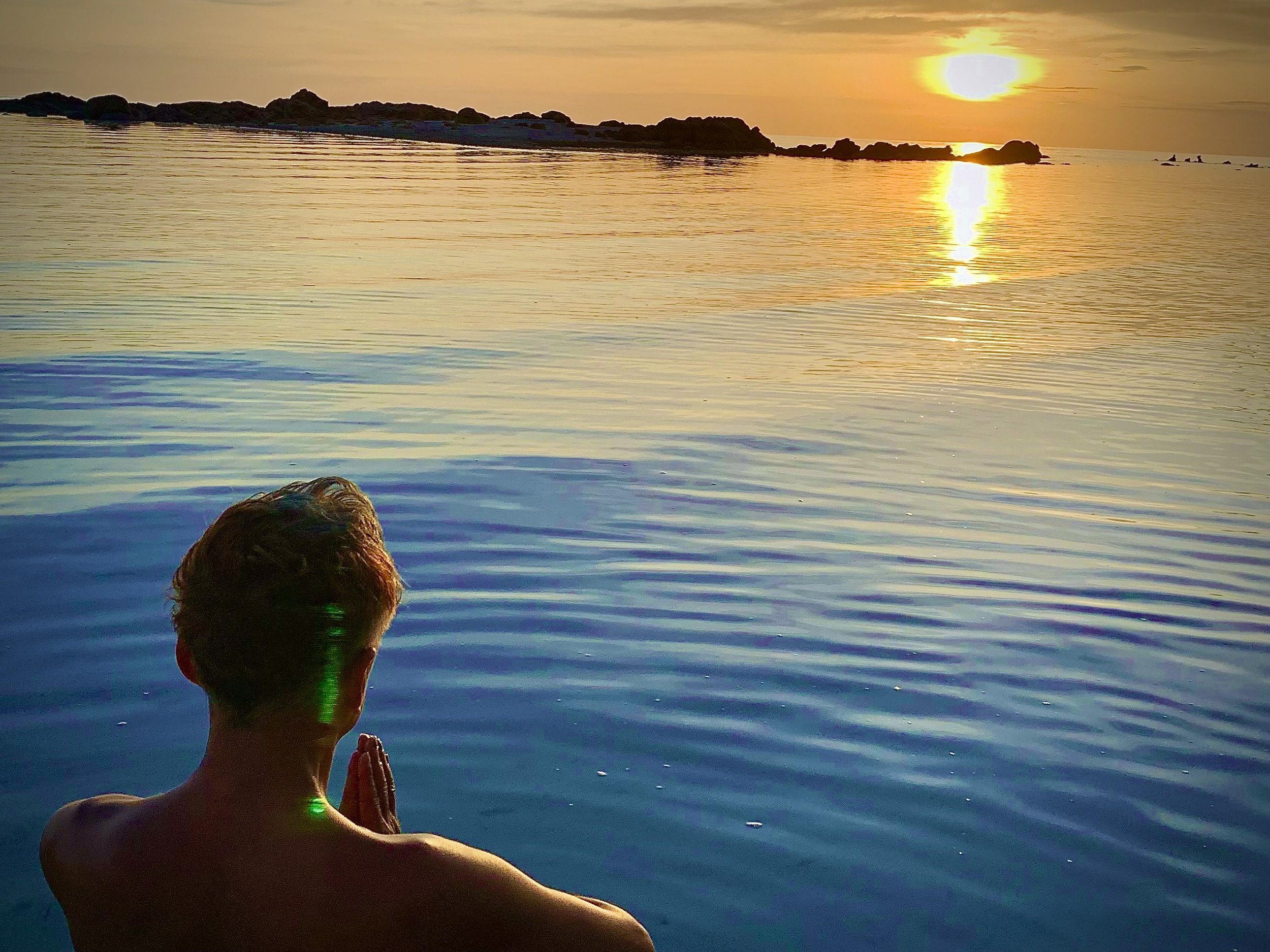GUIDED MEDITATIONS
OVERVIEW
I freely share here Mindfulness and Compassion based Meditation practices that are evidenced to be helpful for many mental health conditions, as well as wider existential life exploration
If you enjoy these guided meditations, a donation of any amount is deeply appreciated. This supports me to
create new free meditations
offer free workshops
make my therapy and teaching more affordable and accessible.
I teach individuals as well as group meditations, online and in-person. I teach also for awakening and helahting centers.
I furtrermore teach meditation-based courses such as MSC: Mindful Self-Compassion.
See my Meditation page for details of my overall intention and approach as well as my Retreats and Playshops page
N.B.
It should be understood they are not necessarily effective for all people. For some people such practices are “contraindicated”: they are not advised, or are advised only when working with a qualified and experienced therapist.
Furthermore, the links to the practices below should not be used to replace any existing mental or physical health treatment.
If you have any questions about the suitability of mindfulness and compassion based practices, please consult with your health professional.
THE DELICIOUS DELIGHT OF LIVING: finding meaningful Being through connecting the natural, social and emotional landscapes. Photo by Raphael Jay Adjani. Enjoy more photos, movies, poetry and other ideas at INSPIRATION, RESOURCE, INSTAGRAM and FACEBOOK
GUIDED PRACTICES OF
THE MINDFUL SELF-COMPASSION PROGRAM
You can freely access some of my guided practices below.
Most of the recordings support the International recognized, evidence-based LOMSC Live Online Mindful-Self Compassion 10-wk program I teach for the Center for Mindful Self-Compassion (USA) as well as other courses in MSC Mindful Self Compassion. These can be utilized to support your practice during and after a course.
Contact me for details of my next LOMSC course beginning in May 2025
For details of this and other meditation-based programs go to my MEDITATION page.
The practices are recorded also in a way that supports a person coming to the website for the first time, with no experience of MSC. Therefore each stands alone with an introduction, and some necessary repetition in the guidance. Repetition can also be useful for experienced practitioners.
THE DELICIOUS DELIGHT OF LIVING: finding meaningful Being through connecting the natural, social and emotional landscapes. Photo by Raphael Jay Adjani. Enjoy more photos, movies, poetry and other ideas at INSPIRATION, RESOURCE, INSTAGRAM and FACEBOOK
ARRIVAL PRACTICE FOR LOMSC AND MSC PROGRAMS
THE 3 CORE MSC GUIDED PRACTICES:
THE DELICIOUS DELIGHT OF LIVING: finding meaningful Being through connecting the natural, social and emotional landscapes. Photo by Raphael Jay Adjani. Enjoy more photos, movies, poetry and other ideas at INSPIRATION, RESOURCE, INSTAGRAM and FACEBOOK
4 OTHER FORMAL MSC GUIDED PRACTICES:
THE DELICIOUS DELIGHT OF LIVING: finding meaningful Being through connecting the natural, social and emotional landscapes. Photo by Raphael Jay Adjani. Enjoy more photos, movies, poetry and other ideas at INSPIRATION, RESOURCE, INSTAGRAM and FACEBOOK
THERE ARE CURRENTLY 20 INFORMAL MSC PRACTICES INCLUDING:
OTHER GUIDED PRACTICES
THE DELICIOUS DELIGHT OF LIVING: finding meaningful Being through connecting the natural, social and emotional landscapes. Enjoy more photos, movies, poetry and other ideas at INSPIRATION, RESOURCE, INSTAGRAM and FACEBOOK
THE BODY SCAN
The “Body Scan” guided practice. The “Body Scan” is one of the core guided practices of a program called Mindfulness-based Stress Reduction (MBSR); as well as being core to other Mindfulness programs such as Mindfulness-based Cognitive Therapy (MBCT): the Breathworks courses, Mindfulness for Stress (MFS) and Mindfulness for Health (MfH); and Radical Self-Care (Radsec)
For a range of Mindfulness guided practices primarily related to Mindfulness-based Stress Reduction (MBSR):
Centre for Mindfulness Research and Practice, Bangor University
THE DELICIOUS DELIGHT OF LIVING: finding meaningful Being through connecting the natural, social and emotional landscapes. Photo by Wilaiwan Phimkhalee. Enjoy more photos, movies, poetry and other ideas at INSPIRATION, RESOURCE, INSTAGRAM and FACEBOOK
SAVORING THE SPECIAL
Savoring, as understood through scientific research, has significant health benefits. Savouring is our capacity to give more space dwell in the joys, pleasures, and other positive feelings that we experience in our lives.
Savoring can lead to higher life satisfaction, regardless of a person’s level of physical health, improved self-esteem, strengthening of relationships, improved creativity when problem-solving.
This is practice, particularly draws on the research of neuropsychologist Rick Hanson who has developed a model and practice called “Take in the Good”. I have adapted this in a way that works for me, using words that resonate for me.
I freely share here Mindfulness and Compassion based Meditation practices that are evidenced to be helpful for many mental health conditions, as well as wider existential life exploration
If you enjoy these guided meditations, a donation of any amount is deeply appreciated. This supports me to
create new free meditations
offer free workshops
make my therapy and teaching more affordable and accessible.





